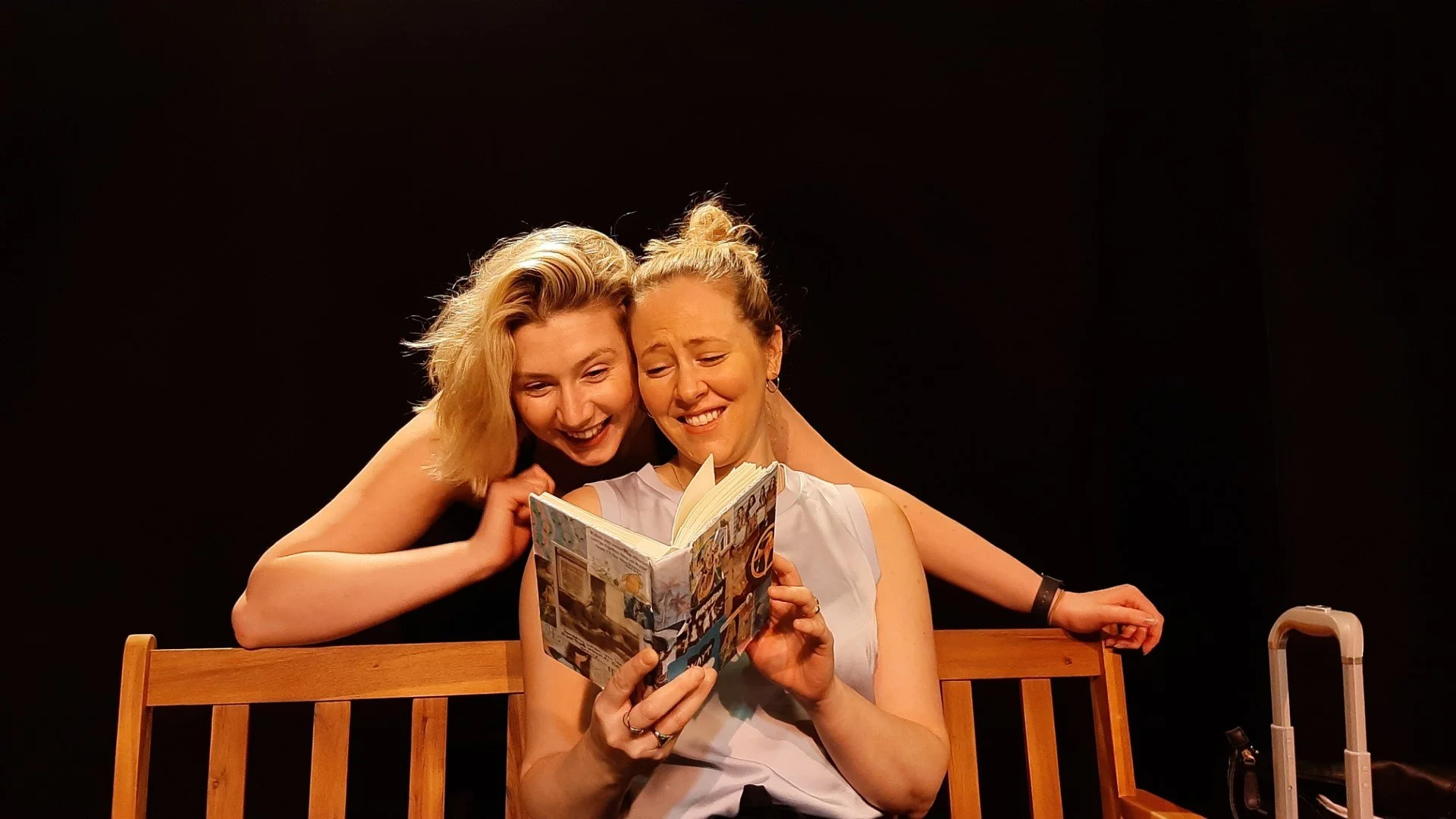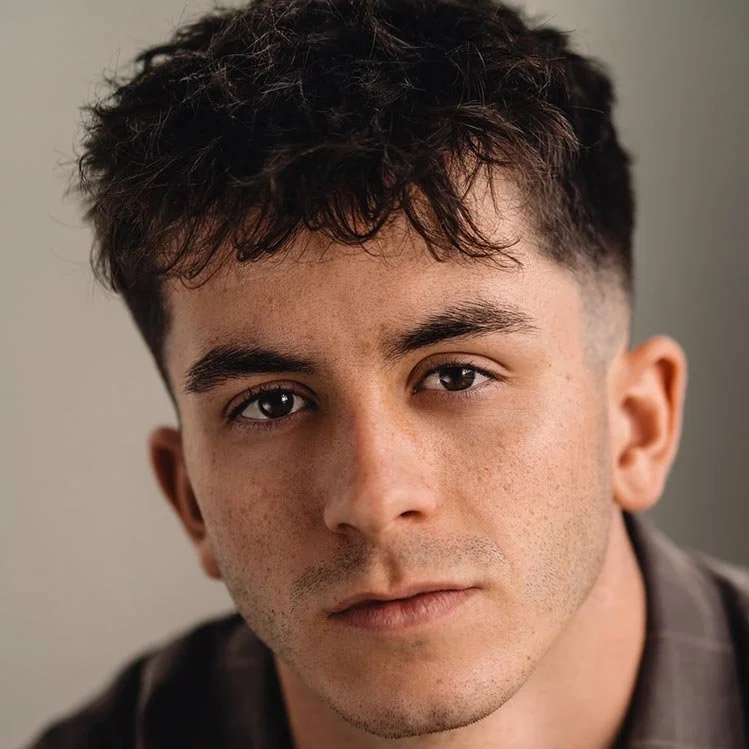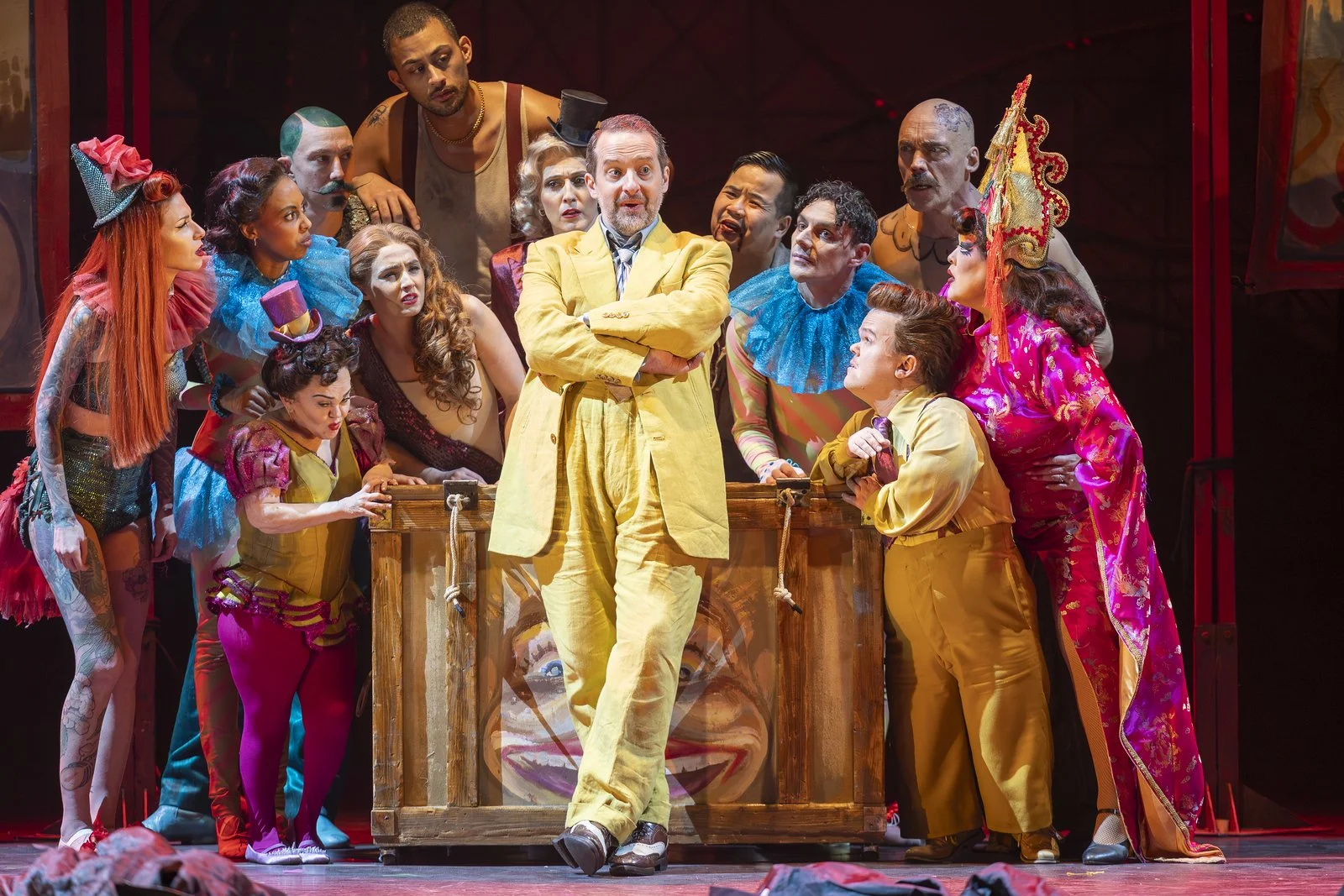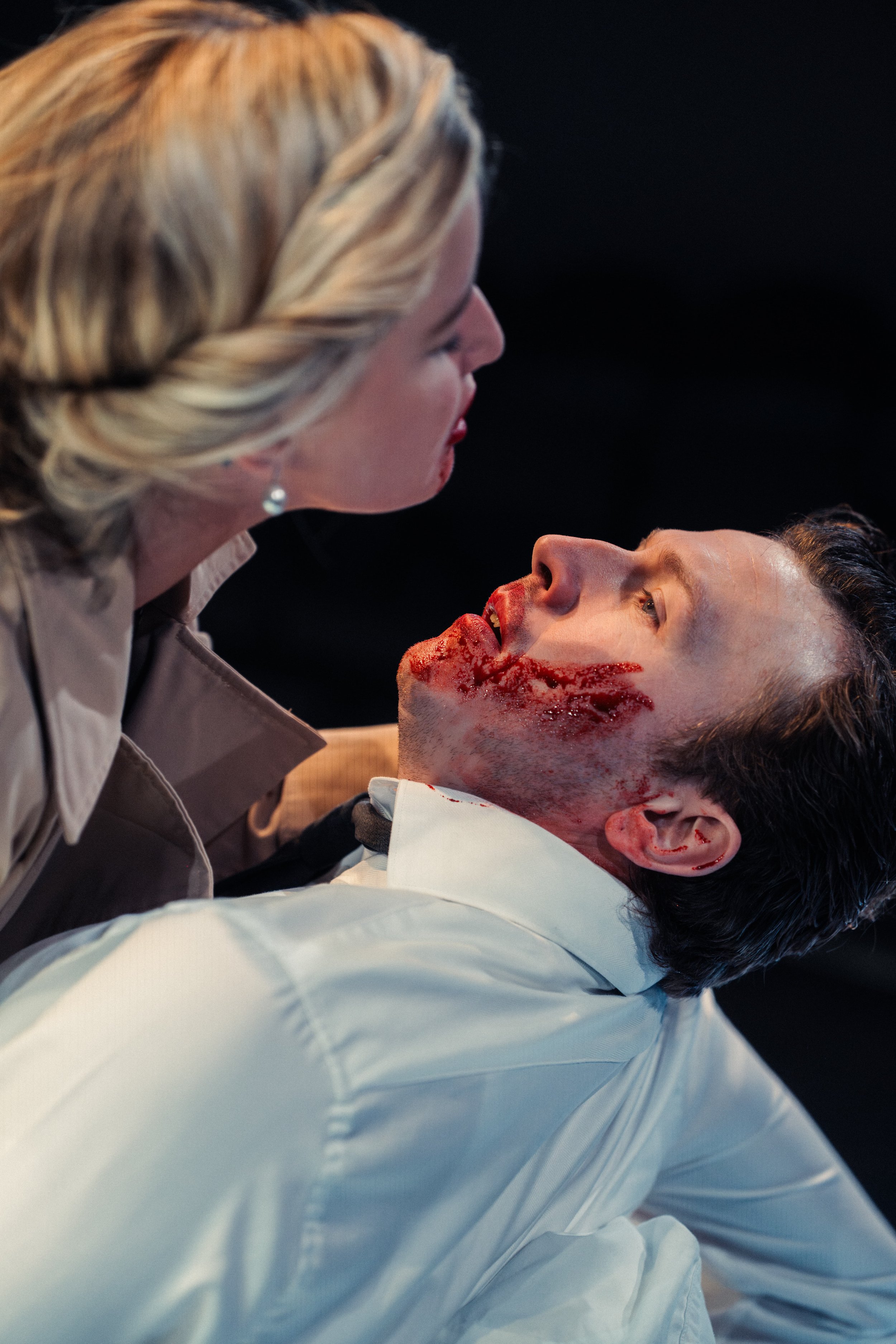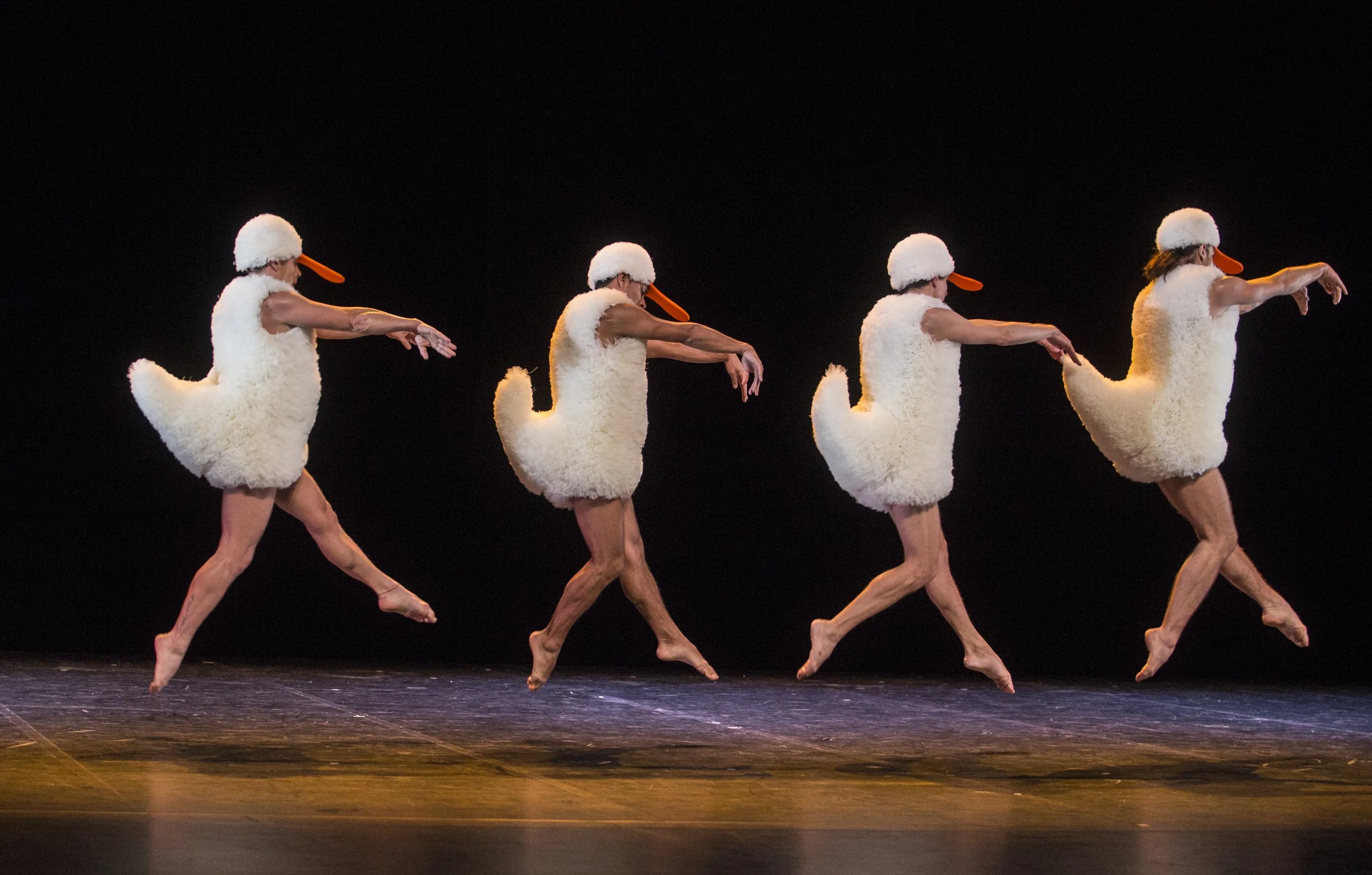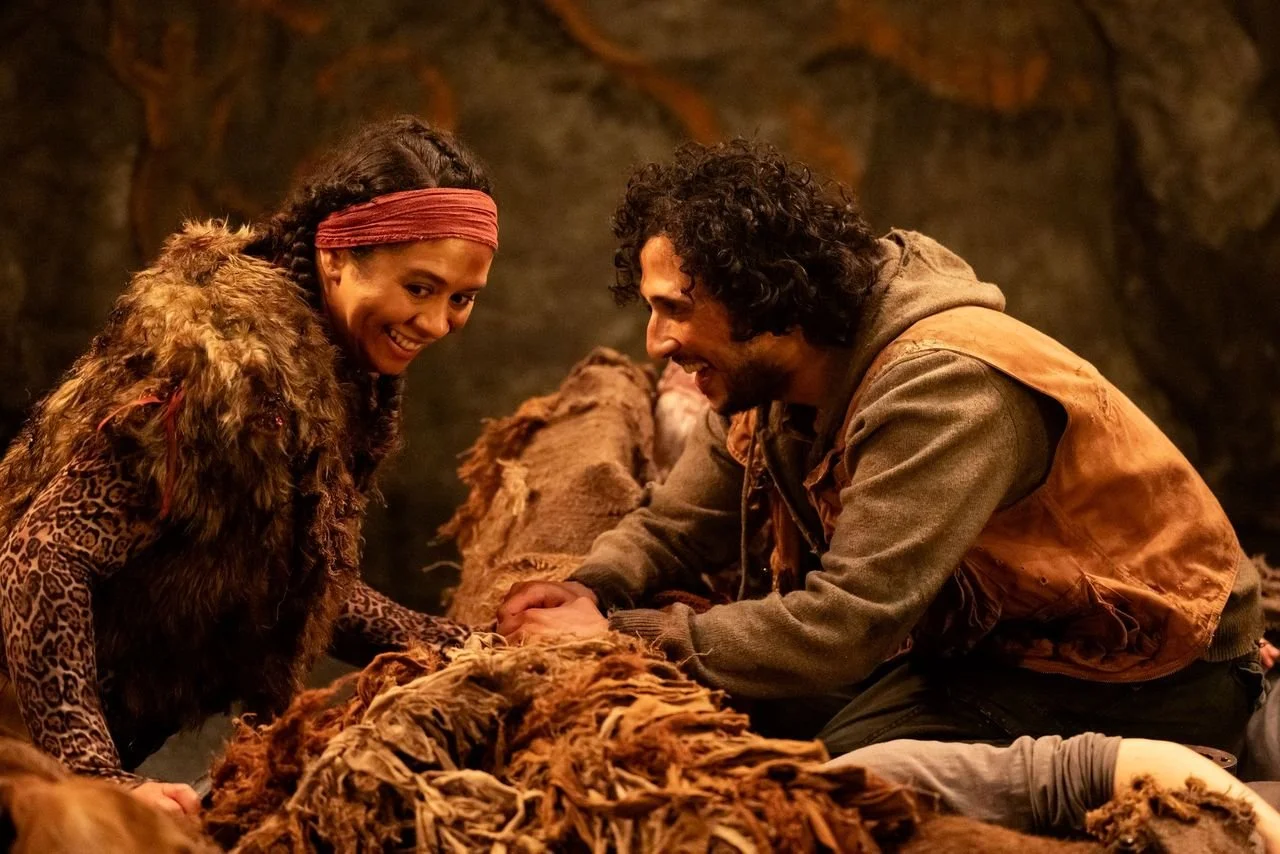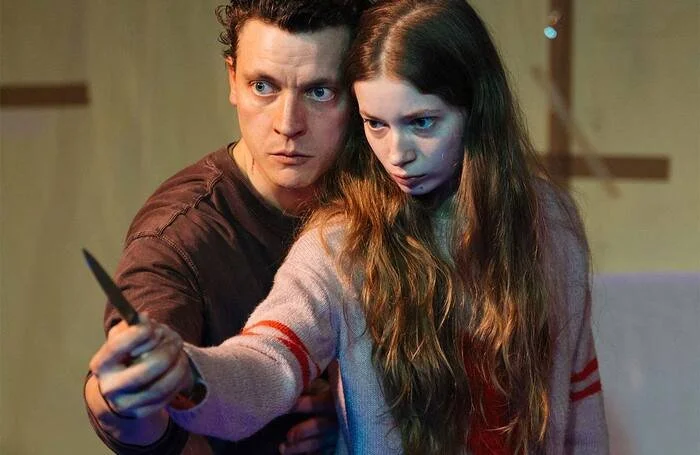This Is Memorial Device, Riverside Studios Review
Photo credit: Mihaela BodlovicWritten by Franco Milazzo for Theatre & Tonic
Disclaimer: Gifted tickets in exchange for an honest review.
Presented as a conference for fans of “the greatest band no-one has heard of”, This Is Memorial Device is a eulogy of sorts for the subject of David Keenan’s 2017 cult novel of the same name.
A bravura solo turn from Paul Higgins brings to vivid life the music scene of early-Eighties Airdrie, a town near Glasgow. While the New Romantics grabbed the headlines and the coveted Radio 1 slots, the lo-fi aesthetic of post-punk became the sound of the underground. Led by the brain-damaged singer Lucas Black, we watch as the band grow from the ashes of groups like Kommandos of Daath and Dark Bathroom and choose their name after flirting with Occult Theocracy and Slave Demographics before becoming a gigging quartet and then collapsing into obscurity.
In the same way that - whether he was playing a Russian submariner, Irish-American cop or an Egyptian swordsman - Sean Connery infamously held onto his Scottish accent, his compatriot Higgins’ own voice has become a key part of his appeal as an actor in The Thick Of It, Line Of Duty and Utopia. His versatility has stood him in good stead and, in a performance filled with love and wonder and hope, he thoroughly convinces as the band’s superfan and archivist Ross Raymond who is here to present the result of his research and interviews.
Produced by Royal Lyceum Theatre, an early version of Graham Eatough stage adaptation was a hit at the Edinburgh International Book Festival in 2022 and has been touched up for its current tour. In its current form, it is as faithful to the events in the core material as it can be within the limits of a 90-minute runtime. It eschews the nonlinear nature of Keenan’s book and instead goes for a relatively straightforward narrative. It leans on the original text and delivers the goods, especially in its portrayal of Raymond and his deep passion for his heroes, particularly in the final third when the band reach the apex of their fame.
With a fabulous cast of characters at his disposal, Eatough goes wide instead of deep. Black aside, Raymond and the other members of Memorial Device remain largely a cypher by the end; instead, we get to meet the many of others who played a role in their rise and demise. That includes Chinese Moon, the teenage support act composed entirely of mannequins and taped music (a technique used by Eatough himself to represent three-quarters of Memorial Device on stage). Gavin Thomson’s sound design builds on songs from real-life early-Eighties group The Pastels to add a contemporary atmosphere and aural texture. Anna Orton’s set resembles every teen bedroom ever with its clutter of instruments, ambiguously labelled boxes, and never ending piles of memorabilia.
This is a moving hallucinogenic odyssey which makes effusive use of Martin Clark’s projections and Nigel Edward’s swirling light design to illustrate a world four decades into the past. A building collapses in slo-mo, sonic patterns are translated into visual lines and interviewees who were but wee bairns at the time pop up to relate their own recollections.
What could be just seen as Raymond’s indulgent nostalgia trip is revealed to have deeper meaning when he declares with pure conviction: “We think we’re walking into the future. We fool ourselves! But every last damn one of us is walking straight into the past.” Perhaps, as this play says, everyone who has ever lived through a long-gone time and place that still rents space in our heads and room in our hearts is, in a sense, a memorial device.
At Riverside Studios until 11 May
☆ ☆ ☆ ☆


